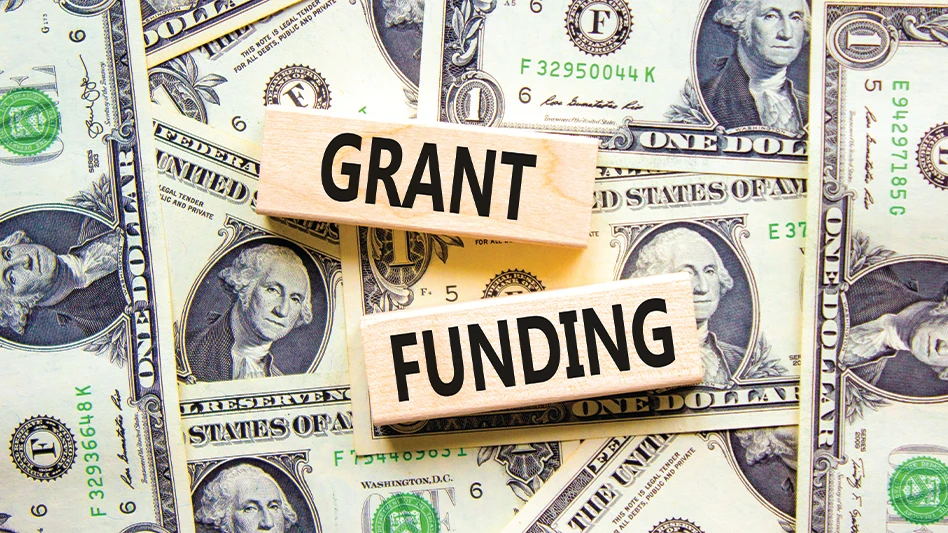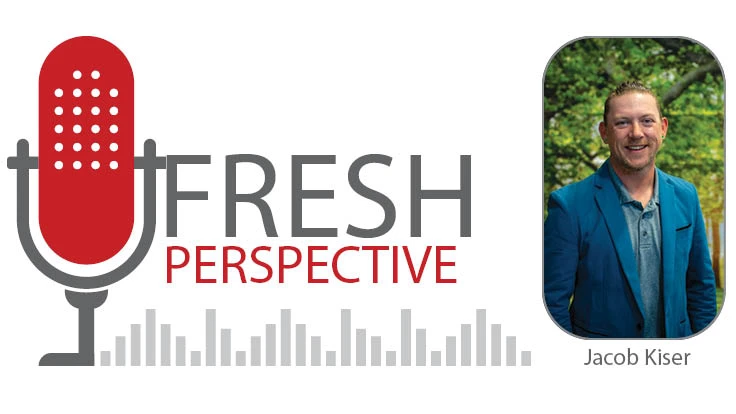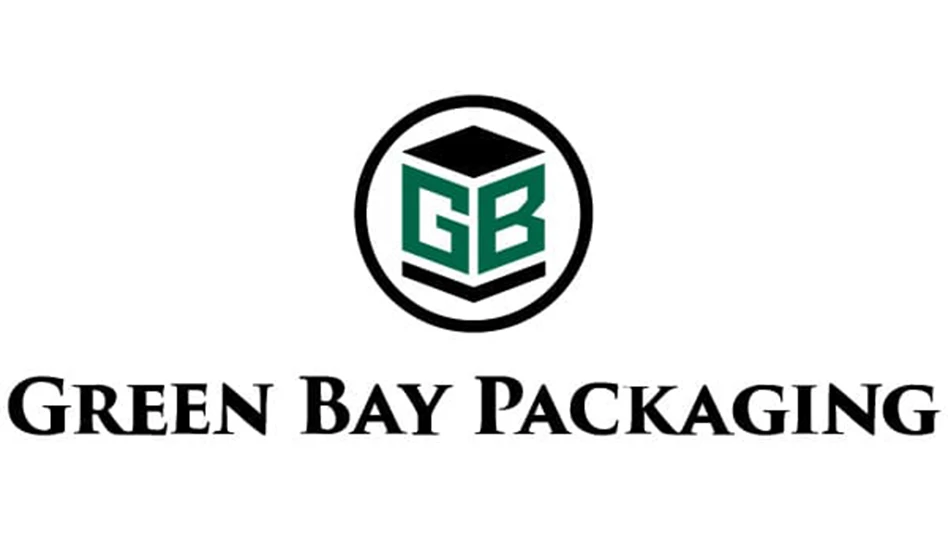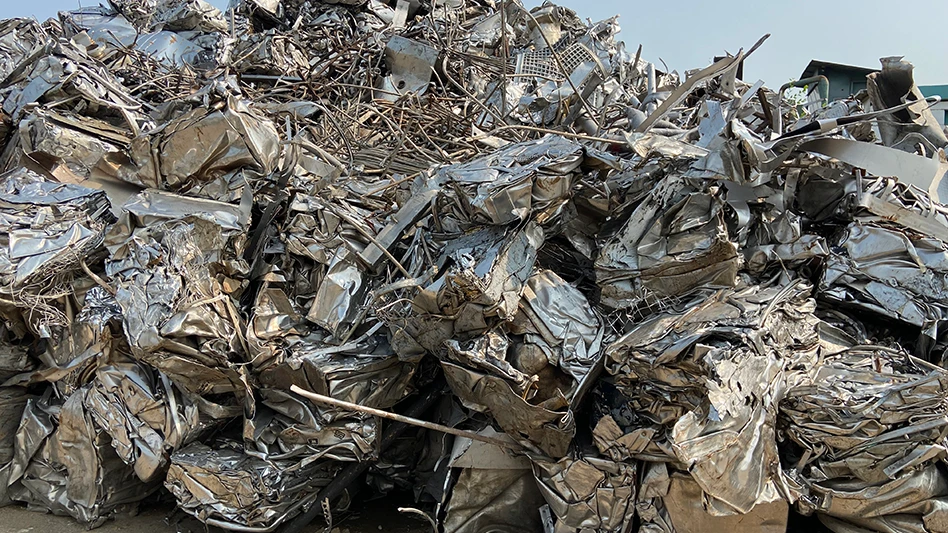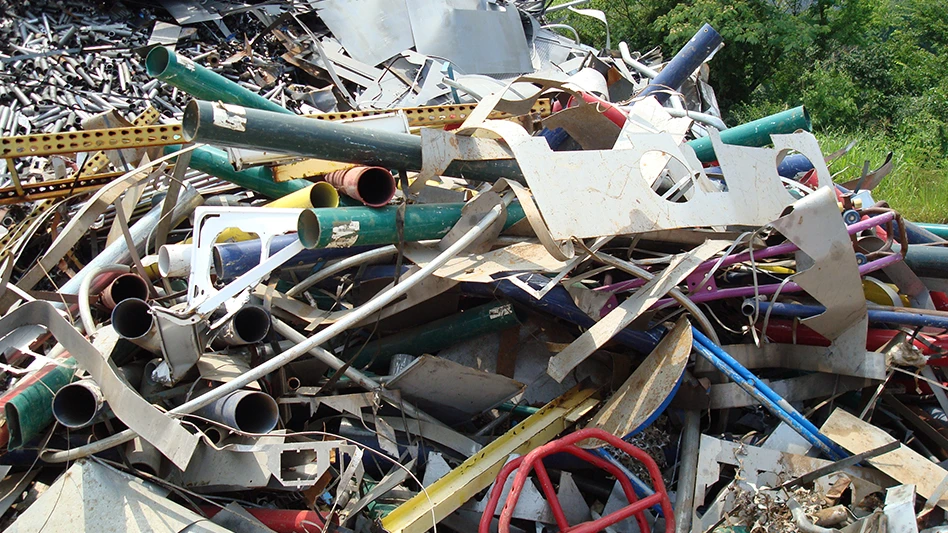While many types of postconsumer resin (PCR) are flowing, pricing remains soft, which is compressing margins for reprocessors. Low pricing for virgin and off-spec plastics are keeping a lid on pricing for recycled plastics, sources say.
“As a company, we are facing what most companies are facing,” a Midwest-based contact with a global reprocessor, trader and polymer distributor says. “The pounds are good, but the margins are depressed.”
A source in the Southeast says low pricing for virgin material appears to be “the new normal.”
“I don’t think there is any global macro event regarding trade that can bring the market lower, only higher.” – a scrap broker based in the Northeast on India’s plastic scrap ban
The Southeast-based source works for a reprocessor of high-density polyethylene (HDPE), primarily in the form of drums, intermediate bulk containers (IBCs), sheet and other dunnage materials. He describes scrap generation as “plentiful,” adding that it is actually better than he would expect for the spring season.
While domestic demand for his company’s recycled pellets is generally good, he says that is not the case from the pipe manufacturers. While purchasing from that sector would normally pick up this time of year, he says that has not yet happened. The reprocessor says flooding and other weather-related issues that have occurred in some areas of the U.S. have played a role in the weak demand he’s seeing from the pipe industry.
Demand for recycled HDPE from domestic blow molders and sheet producers remains good, however, the Southeast-based source says.
A reprocessor based in California with operations throughout the U.S. says domestic demand can be fickle. “Customers seem bipolar sometimes, wanting to buy more than we have and then abruptly backing off if they run into large sums of cheap off-spec resin.”

The Midwest-based source says he’s seen more demand for off-spec grades and reprocessed material from India. He says this could be in anticipation of the country’s import ban on plastic scrap, which is scheduled to go into effect Aug. 31.
A Southwest-based reprocessor and trader of commercially and industrially generated plastic scrap says Indian demand for film scrap is higher than normal in light of the upcoming ban. Because of the overall export market situation, he says his company is pushing for as many domestic markets as it can and is “seeing good results.”
Regarding India’s ban on plastic scrap imports, a broker based in the Northeast says, “I don’t think it is going to have much of an impact. I think the market priced in this type of thing when China shut down. I don’t think there is any global macro event regarding trade that can bring the market lower, only higher.”
Other news affecting the future trade of plastic scrap is the decision to amend the Basel Convention on the Control of Transboundary Movements of Hazardous Waste. Governments at the 14th Conference of the Parties (COP14) of the Basel Convention voted in early May to support restricting plastic scrap exports by requiring countries to obtain prior informed consent before exporting contaminated or mixed plastic scrap—with the exception of mixes of polyethylene, polypropylene and polyethylene terephthalate.
Read more about the changes at www.RecyclingToday.com/article/basel-convention-restrictions-on-plastic-scrap-trade.
Get curated news on YOUR industry.
Enter your email to receive our newsletters.

Explore the June 2019 Issue
Check out more from this issue and find your next story to read.
Latest from Recycling Today
- ReMA lobbies for shredder wear parts tariff exclusion
- Dow, Gruppo Fiori develop recycling pathway for automotive polyurethane foam
- Ascend produces recycled lithium carbonate from used LIBs
- RecycLiCo acquires building to serve as corporate HQ, operational hub
- EZVIZ partners with Plastic Bank
- Radius, under new ownership, replaces CEO
- SMS in Illinois sells assets to equity investor
- Mayr-Melnhof reports earnings growth so far in 2025

